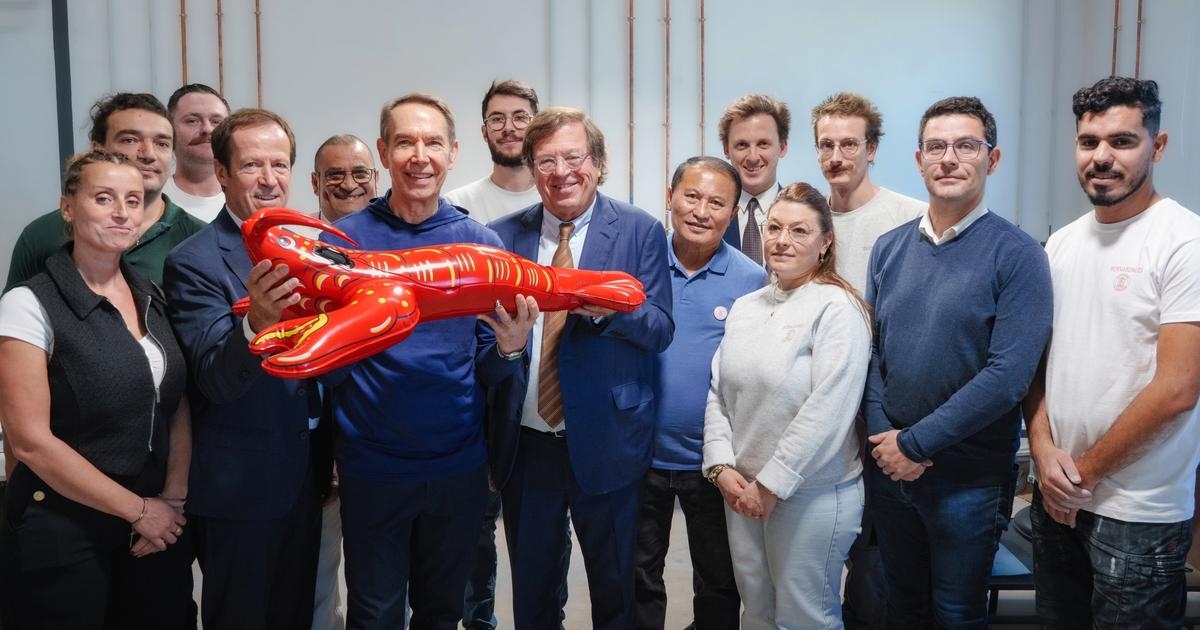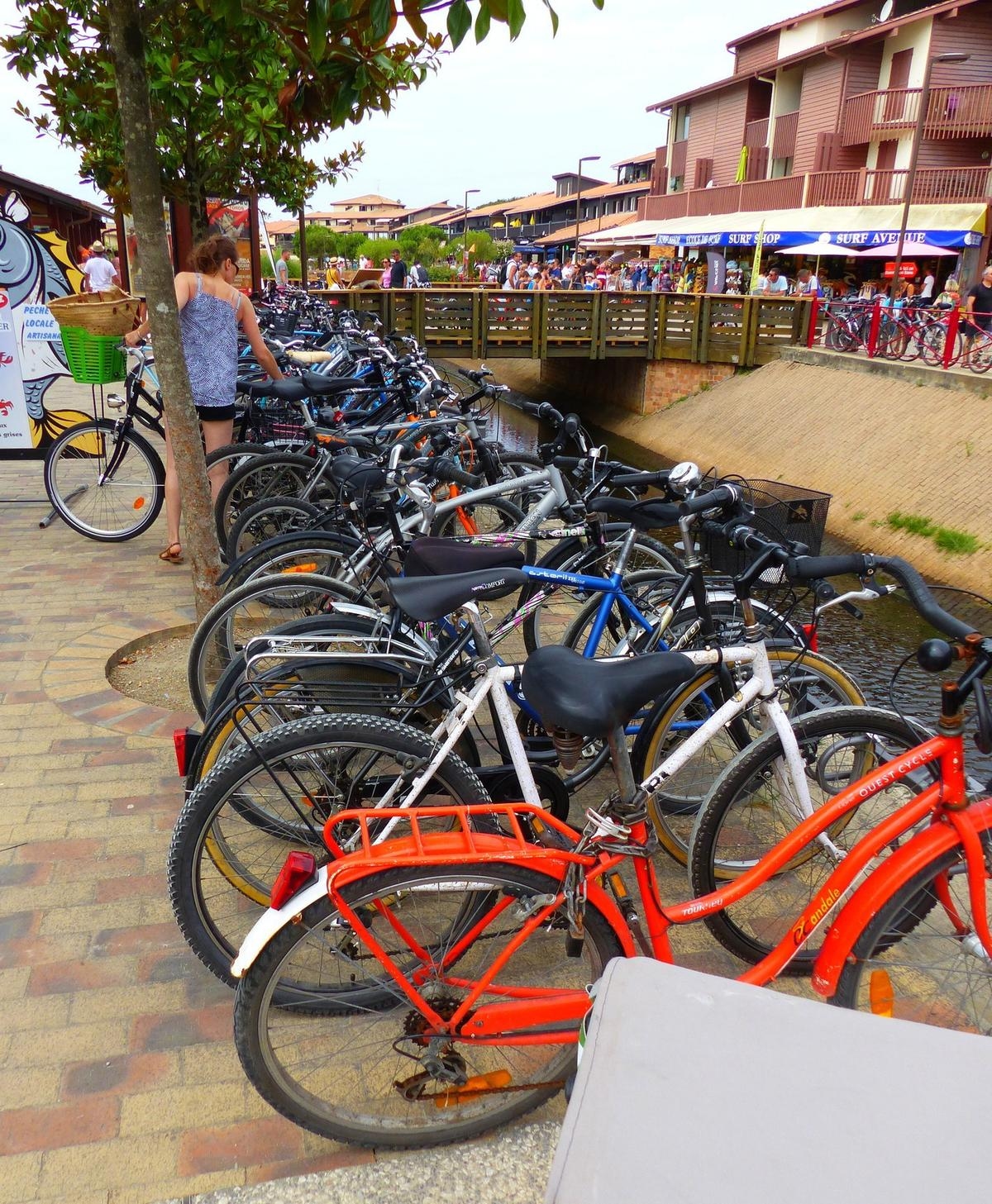True or false: can you run your car on water alone?
The idea of a "water-powered engine" regularly resurfaces on social media. Supporting this idea is a vehicle that would use a process to decompose water into hydrogen and oxygen, then burn this hydrogen to power the engine.
Since 2016, social media has regularly circulated the story of Alaeddin Qassemi, presented as an "Iranian inventor" who designed a car that runs on water . According to these posts, his vehicle uses a process to decompose water into hydrogen and oxygen, then burns this hydrogen to power the engine, which is supposed to travel 900 km on 60 liters of water. That's all.
The latest post on this topic has racked up 7 million views on X. The only problem is, according to the Persian-language service of the BBC, Qassemi has no training in physics, mechanics, or engineering. And as early as 2017, the Iranian news agency ISNA denounced it as a hoax. No scientific publications or patents exist on this subject, our colleagues at 20 Minutes definitively confirm.
Skip the adDo you think that if such a technology existed, global automakers , who spend billions of dollars annually on research and development, would have already developed it? This is the argument of Iranian researcher Shahram Azadi, who poses the following question in his country's press: "How could these so-called inventors achieve such a technology with their limited resources and facilities, when multi-billion-dollar foreign centers have not made such a claim so far?"
In France, a 1977 archive video filmed in Rouen is also circulating on social media. It shows the "Chambrin water engine," presented as a revolutionary invention by Norman garage owner Jean Chambrin. Is it true? The reality is quite different: it was a gasoline engine running on a mixture of water and alcohol, the equivalent of a gasoline car running on E85 , superethanol, explains Louis-Pierre Geffray, a Mobility expert at the Institute for Sustainable Development and International Relations, to AFP.
Furthermore, the performance claims made by Jean Chambrin have never been verified or validated by rigorous scientific measurements. However, ADEME funded several studies on these "water doping" systems: the results showed no significant change in consumption, emissions, or efficiency, whether the system was activated or not.
Louis-Pierre Geffray clearly stated to AFP that a water-powered engine is not physically feasible. Water is not an alcohol, it is not flammable, therefore no energy can be extracted from it in its liquid form. And what about hydrogen ? This molecule can be obtained, notably through the electrolysis of water (a method that allows chemical reactions to occur through electrical activation).
The use of hydrogen in a fuel cell is indeed the most advanced technology in the global automotive industry in terms of alternative fuels. However, technically it has nothing to do with a water-powered engine. And, "in the case of passenger vehicles, hydrogen makes no sense, both energetically—because it requires three times more energy than an electric battery —and economically—because it will cost three times as much to run," Louis-Pierre Geffray told AFP.
lefigaro




